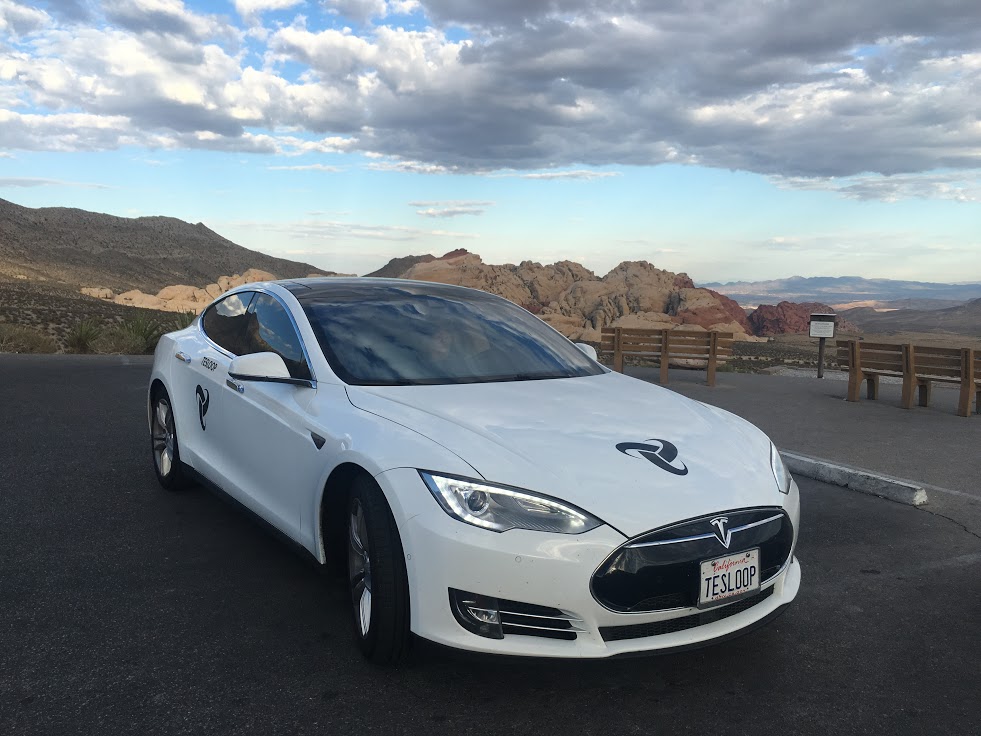RSR
Platinum Member
Did you not read the articles? The numbers are what I had stated. Most cars don't last longer than 200k miles.That's amusing data.
Hybrid batteries last the life of the car. Yep. I totally believe that. The car is totaled when the battery quits.
Show me a private owned Tesla with 300-400K miles? Thanks.
But, there is still evidence to point to that yes, the batteries can also last much longer:

Tales from a Tesla Model S at 200k miles | TechCrunch
Tesloop's first vehicle, a Tesla Model S they put into service in July 2015, has reached a new milestone: 200,000 miles on the odometer. Tesloop, you'll
There are myriad similar examples of Prius owners FAR exceeding the stated battery ranges.
Think of it this way. Toyota provides a warranty for the battery of 150k miles. How many manufacturers are willing to warranty an engine or drivetrain for that long?
